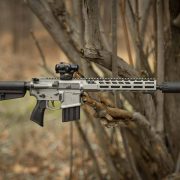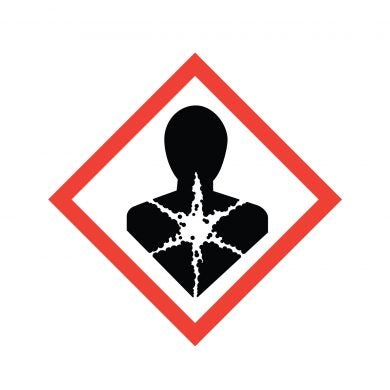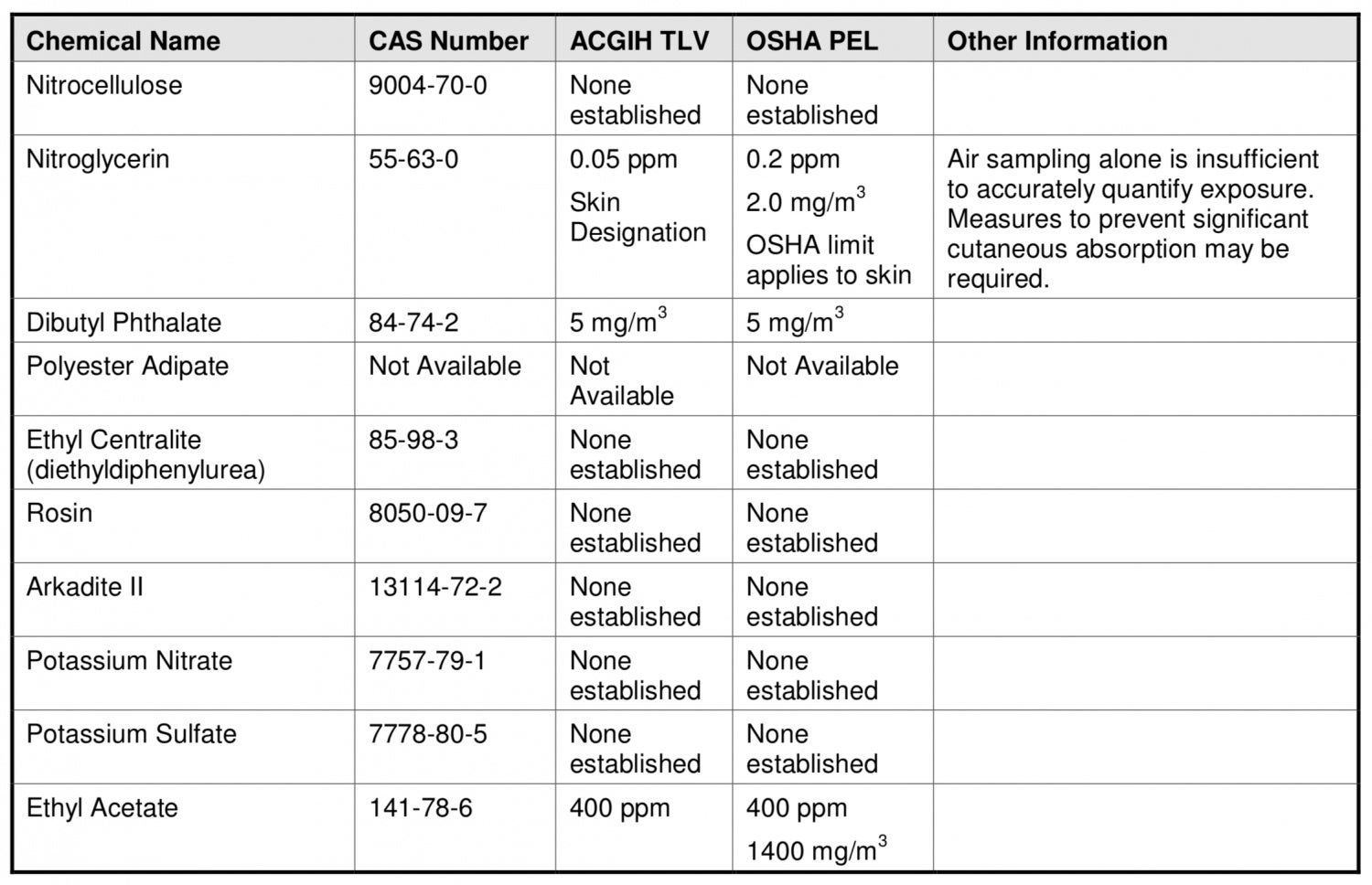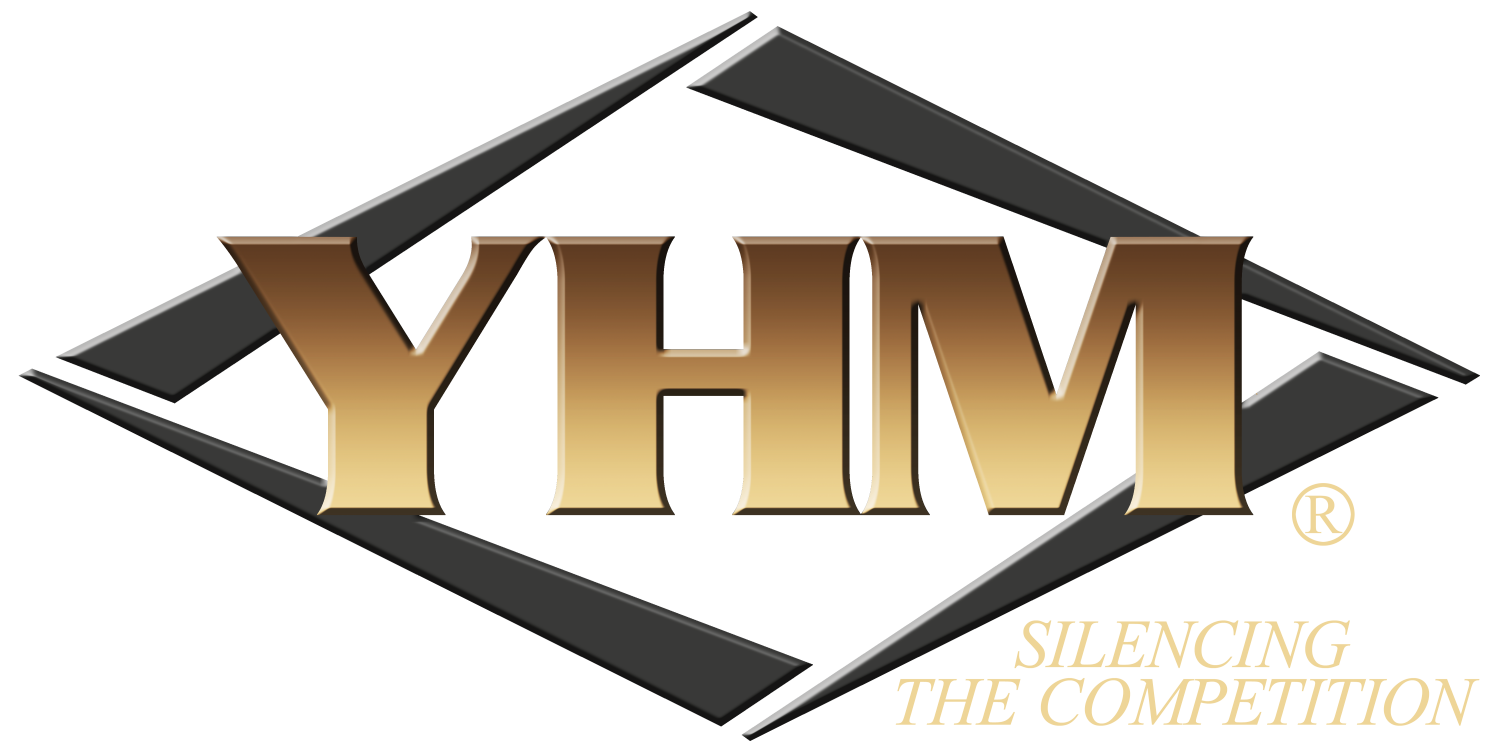Good evening everyone and welcome back to TFB’s Silencer Saturday brought to you by Yankee Hill Machine, manufacturers of the new YHM Turbo T3 rifle suppressor. Last week we reviewed the Banish 30 Gold from Silencer Central. This week we get our first look at the YHM Turbo T3 – the latest iteration of the Turbo family of 5.56mm rifle suppressors that now focuses or reducing blowback. Let’s take a look.
More YHM @ TFB:
- Go With The Flow: Yankee Hill Machine Introduces the YHM Turbo T3
- New Suppressors: YHM R9 – YHM Nitro N20 – YHM Turbo Integral
- SILENCER SATURDAY #81: Yankee Hill Machine Turbo K
- Silencer Saturday #63: YHM Resonator And YHM Turbo REVIEWS
SILENCER SATURDAY #257: LIMIT TOXIC EXPOSURE – The New YHM Turbo T3 Suppressor
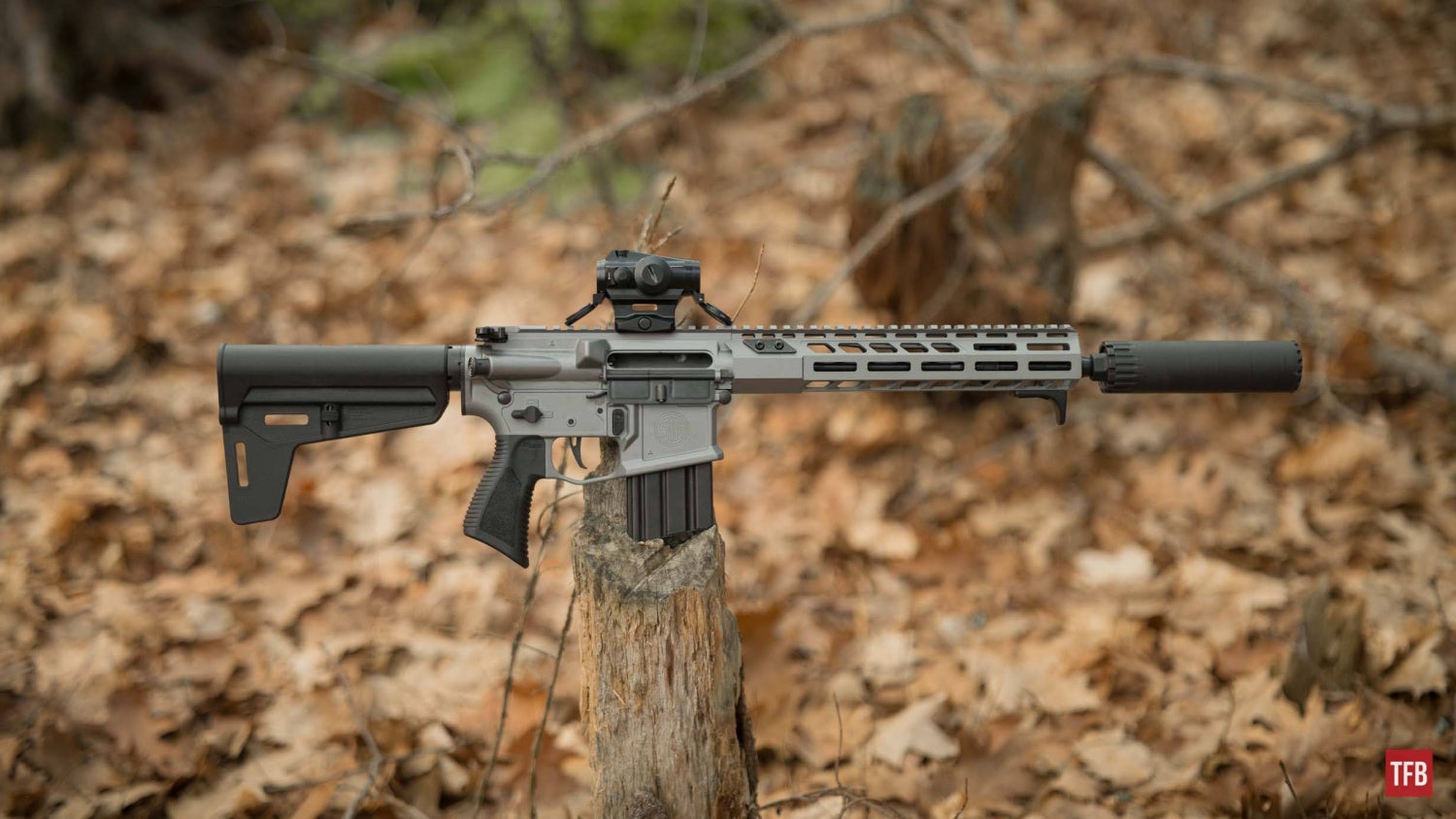
SILENCER SATURDAY #257: Limit TOXIC EXPOSURE – The New YHM Turbo T3 Suppressor
Bear with me as we make our way through the chemistry of modern firearm cartridges so we can better understand why it is important that suppressor companies like YHM continue to design silencers specifically to reduce blowback. There is no test at the end of this article; all I ask is that you keep an open mind and don’t write me off as some sort of wheatgrass-loving hippie trying to make everyone an organic vegan hemp-wearing Phish Head.
A cursory discussion of the chemicals involved with the process of shooting modern firearms, visiting shooting ranges, and related activities, often center on the topic of lead exposure. And for good reason. Lead is toxic, specifically neurotoxic, and will affect cognitive function and brain development. There is no safe level of lead exposure at any point during a human’s life. In fact, the use of leaded gasoline up until the 1980’s and 1990’s probably contributed to a drop in the collective IQ for all humans living in the modern world. This is probably why we don’t already have consumer-grade jet packs or hotels on the moon.
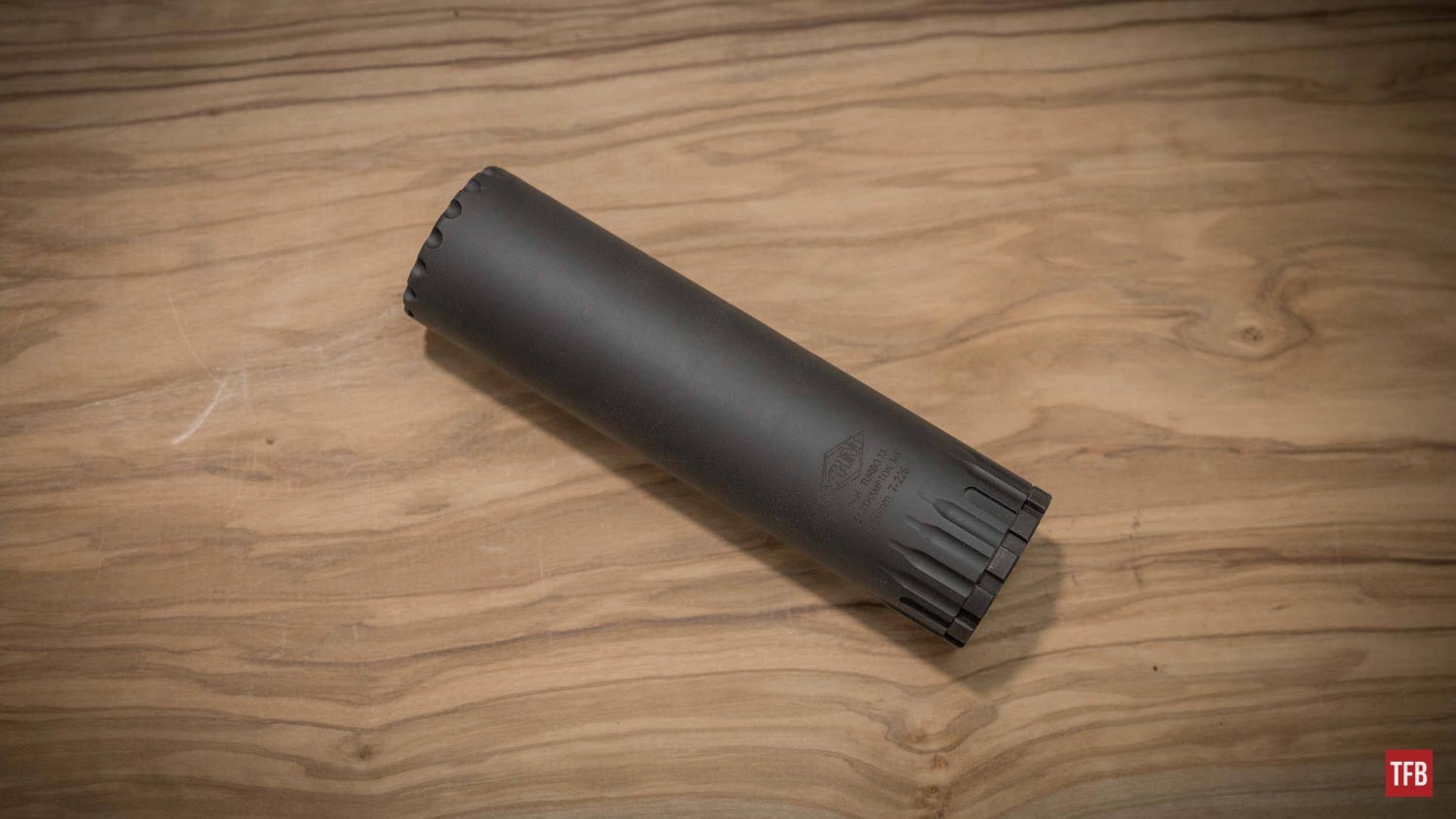
SILENCER SATURDAY #257: Limit TOXIC EXPOSURE – The New YHM Turbo T3 Suppressor
Most shooters don’t realize, however, that the lead exposure that occurs during the act of shooting is not a result of the lead found in bullets. It is the lead in the primer, found in the form of lead styphnate, that causes the most risk for toxic lead exposure. And the rest of the primer composition is no better – antimony, barium, and Tetrazene all have their own health risks and are ejected out into the environment with every trigger pull..
And we haven’t even moved into the chemicals found smokeless powder propellants. A review of the material safety data sheet (MSDS) for any smokeless powder reveals a hit list of several toxic compounds..
The MSDS also provides a table that lists exposure limit quantities for each of the powder components. Some have no established limits because there is no supporting laboratory data.
As if that all wasn’t enough, the MSDS also describes the possible health effects of being exposed to toxic levels of smokeless powder:
- Acute Toxicity (oral) Acute Toxicity (inhalation) Eye Damage/Irritation Skin Sensitization Reproductive Toxicity Specific Organ Toxicity, Repeat Exposure
- Hazard Statements: Harmful if swallowed. Causes serious eye irritation. May cause an allergic skin reaction. May cause damage to organs (circulatory system, blood, kidneys, liver) through prolonged or repeated exposure.
- Eye irritation. Symptoms may include itching, burning, redness and tearing. Skin contact may cause redness and pain. Ingestion may cause gastrointestinal irritation, nausea, vomiting and diarrhea. High concentrations of dust may irritate throat and respiratory system and cause coughing. A drop in blood pressure, headache, cyanosis and mental confusion may result from nitroglycerin in the product.
- Toxic vapors/gases may be formed during a fire. Combustion products vary depending on fire conditions and other combustibles present. The predominant products will be carbon dioxide and oxides of nitrogen, Under some conditions, methane, carbon monoxide, irritating aldehydes and carboxylic acids, and hydrogen cyanide may be formed.
- Use a NIOSH/MSHA approved respirator with organic vapor cartridge and particulate filter if there is a risk of exposure to dust/fume at levels exceeding the exposure limits.
- Nitroglycerine will produce dilation of blood vessels and a drop in blood pressure which may affect the heart. It has also been shown to cause methemoglobinemia (cyanosis).
- This product contains N-Nitrosodiphenylamine, which is reported as a possible human carcinogen by IARC.
While we have made progress in our ability to limit our exposure to pesticides, herbicides, and other non-naturally occurring chemicals, the causal shooter rarely, if ever, is concerned about their exposure to the components in smokeless powder.
What? Do you want me to wear a mask?

Photo Credit: Nick Chen – TFB
Unless you are a full time range master or firearms instructor, you probably don’t need to wear a mask when you go shooting. Just remember to take all the common sense precautions that we have taught over the years – good ventilation and washing your hands and clothes is a great start.
But protecting our hearing using silencers can lead to an increase in the blow back of all the toxic chemicals we discussed in the first section of this article. While suppressors can trap a lot of particulates, using one on a semiautomatic or select fire weapon – squeezing the pressure at the muzzle end of the barrel with a suppressor – can have the side effect of redirecting the gas down the barrel and/or the gas tube and out the action. Which just happens to vent right next to the shooters face.
Check out this cloud of particulates and fumes that surrounds my face after a short string of fire.
A tight bore opening in a silencer can make for a very quiet report if you are listening from down range. But that tight bore can also be the primary cause of toxic blowback and a louder report for the shooter. Suppressor manufacturers have began to take notice of this phenomenon over the last 10-15 years and have altered some designs to redirect the pressure forward, reducing the gasses sent back towards the shooter.
The U.S. Army has studied the amount of blowback directed towards operators both with and without suppressors.

MEASUREMENT OF COMBUSTION PRODUCTS IN SMALL ARMS BLOWBACK GASES, Johnsen, August 2020.

MEASUREMENT OF COMBUSTION PRODUCTS IN SMALL ARMS BLOWBACK GASES, Johnsen, August 2020.
The addition of the suppressor to the weapon system results in measureable differences of blown back gases using the methods described. The Breathing Zone Test Method is less repeatable but shows different results that would not be observed with the Chamber Test Method (CTM) alone. Particularly, there are a variety of aftermarket components for weapon systems that are intended to “reduce blowback” when used with a suppressor. Further research has shown that the actual design of these components does not “reduce” blowback at all, but rather, they attempt to redirect the gases away from the operator’s breathing zone. Data has shown that the method can measure differences in concentration at the operator’s face resultant of the use of devices that redirect the gas. This shows that the method can assess directionality, which plays a role in operational impact. MEASUREMENT OF COMBUSTION PRODUCTS IN SMALL ARMS BLOWBACK GASES, Johnsen, August 2020.
What does all of this have to do with the YHM Turbo T3?
The YHM Turbo line of suppressors, especially the Turbo K, is one of the most recommended 5.56mm on the market today. Besides being very quiet, it is inexpensive and universal. But one criticism I hear from time to time was that the YHM Turbo exhibited increased blowback on semiautomatic hosts.
Yankee Hill Machine has designed the Turbo T3 with internal geometry changes to relieve pressure buildup inside the suppressor. The baffle that follows the blast baffle/screen has two small vent holes that allows for the forward flow of pressure, reducing the amount of blowback that flows back into the action.

SILENCER SATURDAY #257: Limit TOXIC EXPOSURE – The New YHM Turbo T3 Suppressor
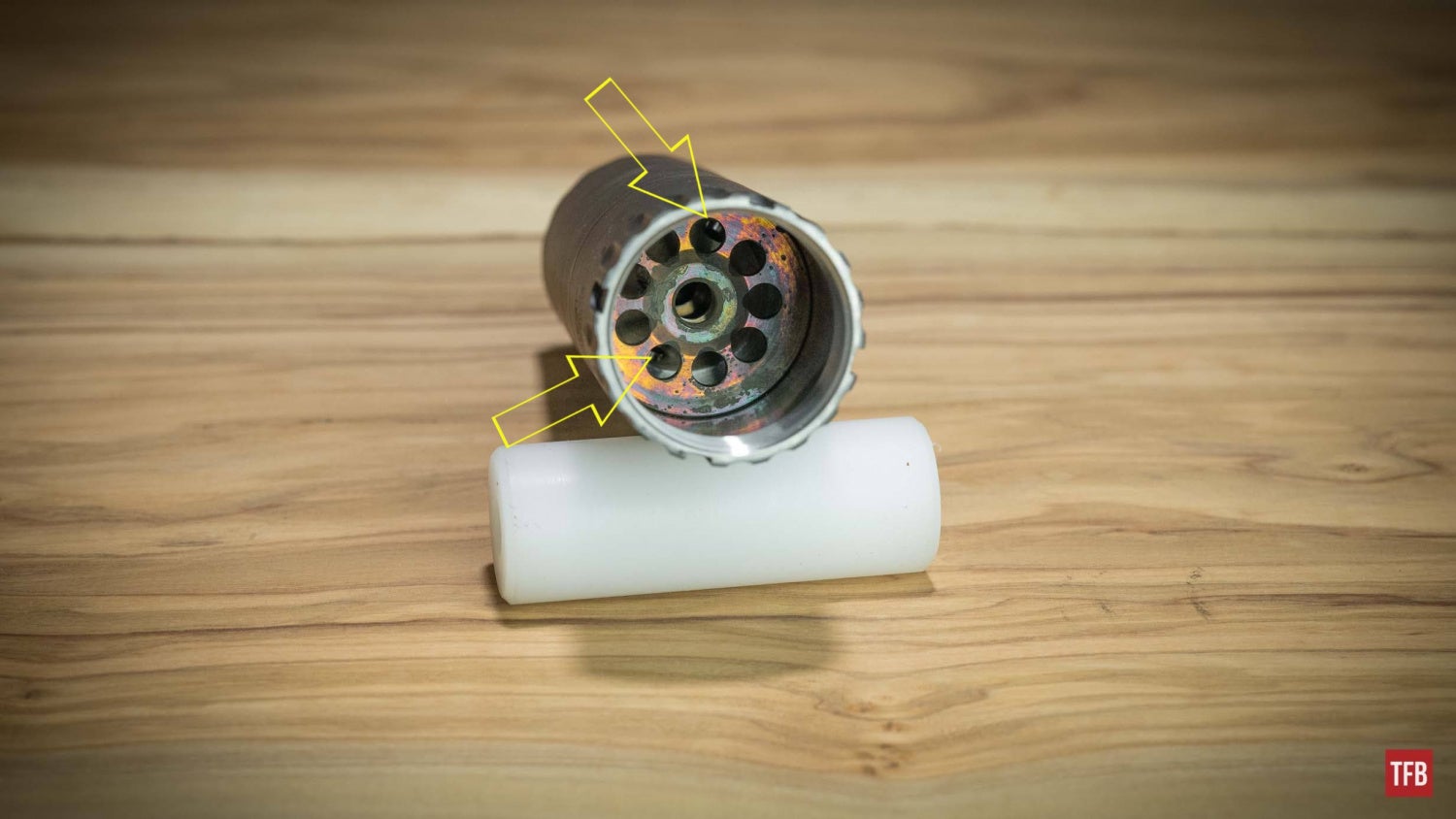
SILENCER SATURDAY #257: Limit TOXIC EXPOSURE – The New YHM Turbo T3 Suppressor
For comparison, the previous generation YHM Turbo K (left) does not have the two vent holes in the baffles and the YHM R9 (right) has a more traditional baffle design.
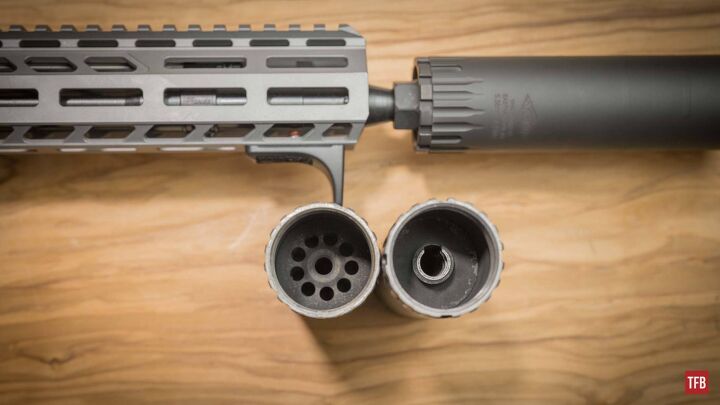
SILENCER SATURDAY #257: Limit TOXIC EXPOSURE – The New YHM Turbo T3 Suppressor
YHM Turbo T3 Specifications:
- Manufacturer’s Page: https://yhm.net/the-turbo-t3-sound-suppressor/
- MSRP: $600
- Buy @ Silencer Shop: https://www.silencershop.com/yhm-turbo-t3.html
- Weight: 12.8 oz (with Phantom® Q.D. Adapter)
- Diameter: 1.5625″
- Length: 5.59″ (6.5″ with Phantom® Q.D. Adapter)
- Construction: 17-4 Ph SS / Inconel
- Mount: Decibel Rating: 134 dB
- Minimum Barrel Lengths: 5.56 NATO: 10″ minimum barrel length
But how does it sound?
We are going to spill over into a follow up article next week that talks about some new muzzle device attachments and I’ll have more rounds through the Turbo T3 to compare it to the Turbo K. But from my range session today, I could tell a noticeable difference in the reduction of gas-to-the-face on a 11.5” SIG Switchbalde direct impingement AR-15. And while it sounded “better” than the Turbo K, I don’t have a Turbo T2 for a more direct comparison.
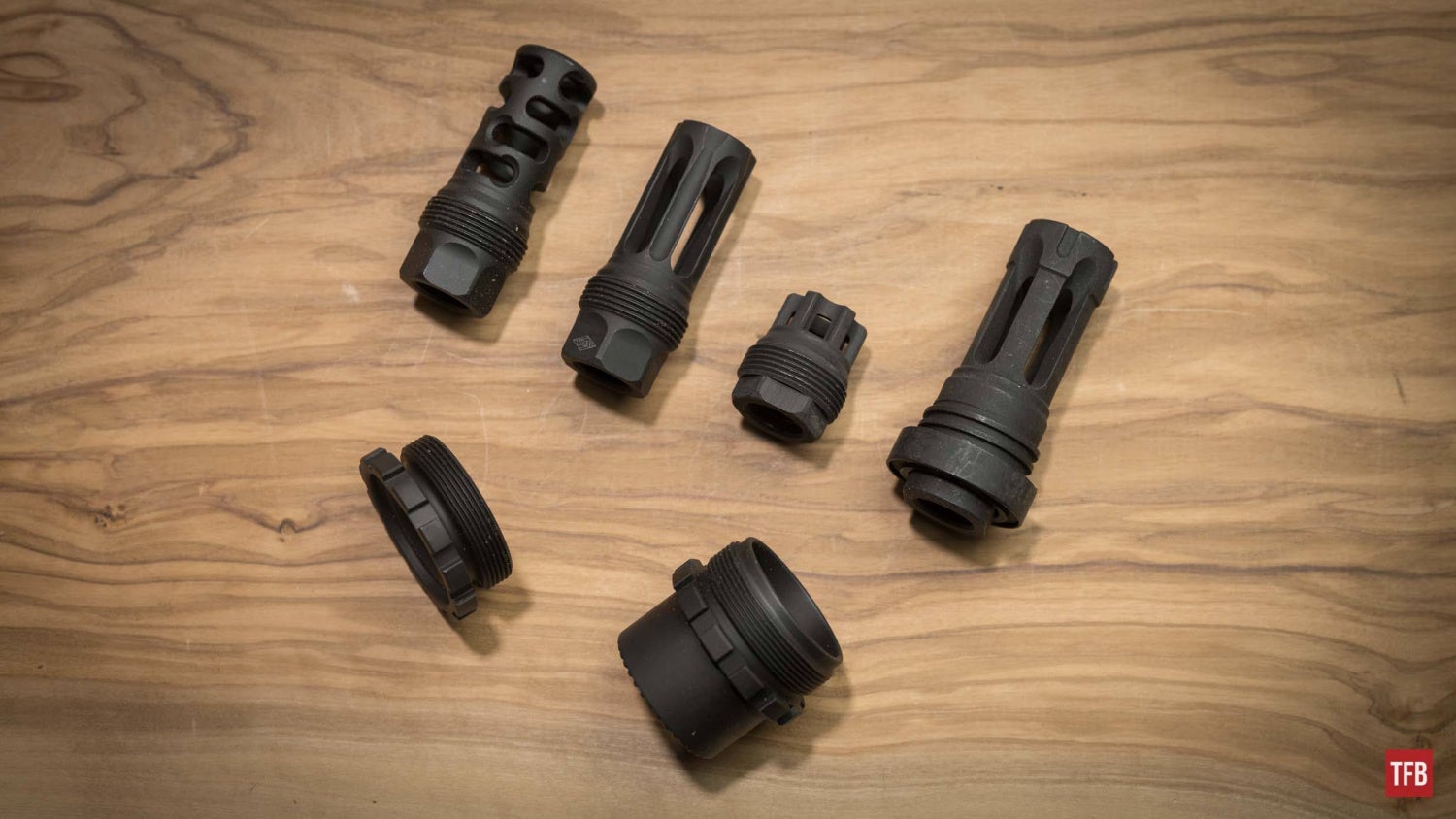
SILENCER SATURDAY #257: Limit TOXIC EXPOSURE – The New YHM Turbo T3 Suppressor
Conclusions
Despite my honorary doctorate in internet opinion sharing, I am not a health care professional. You should follow best practices to avoid ingesting and inhaling toxic chemicals when using firearms, especially semiautomatic firearms. If you shoot a lot, consider getting your blood tested for lead levels.
Small adjustments to the internal geometry of popular suppressors like the YHM Turbo T3 can help to reduce blowback. The result is more reliable functioning, the potential for additional noise reduction for the shooter, and pushing toxic gases away from the shooter instead of back towards them.
Thanks for reading. Be safe, have fun, and we’ll see you back here next weekend for another Silencer Saturday.


